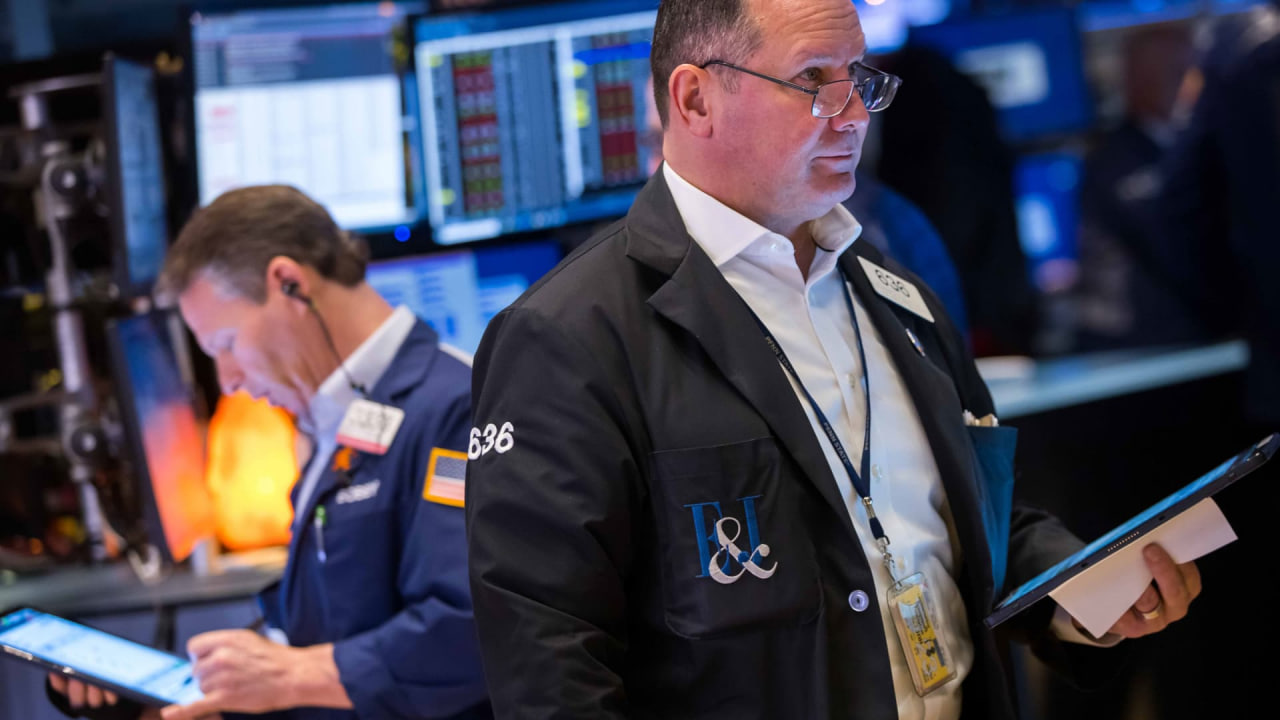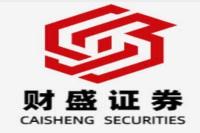Volkswagen's Labor Showdown: Navigating the Choppy Waters of Factory Closures and Wage Cuts (Meta Description: Volkswagen, labor negotiations, factory closures, wage cuts, union, automotive industry, economic impact, future of work)
Intrigued by the unfolding drama at Volkswagen? Picture this: a global automotive giant, a powerful labor union, and a high-stakes negotiation that could reshape the future of manufacturing. This isn't just another corporate tussle; it's a clash of titans with potentially far-reaching consequences for workers, the company, and the broader economy. For weeks, the air has crackled with tension as Volkswagen and its union grapple with the thorny issues of factory closures and wage reductions. The stakes are monumental – jobs, livelihoods, and the very fabric of a community are hanging in the balance. We're diving deep into the heart of this complex situation, peeling back the layers of corporate strategy, union tactics, and the human element that makes this story so compelling. Get ready for a rollercoaster ride through the intricacies of industrial relations, exploring the potential outcomes and the wider implications for the automotive industry and beyond. Forget dry statistics – this is about real people, real jobs, and the very real fight for a secure future. We’ll unveil insider insights, dissect the arguments, and analyze the potential long-term impact. This isn't just news; it's a story that affects us all. So, buckle up and prepare to be informed, engaged, and maybe even a little surprised. This isn't just about cars; it's about the future of work itself. Let's get started!
Volkswagen and its Unions: A History of Negotiation and Conflict
The current standoff between Volkswagen (VW) and its powerful unions isn't a sudden eruption; it's the culmination of years of negotiations, compromises, and, at times, outright conflict. The relationship has always been a delicate dance, balancing the need for profitability with the concerns of the workforce. Historically, VW has enjoyed a relatively harmonious relationship with its unions, often reaching agreements that provided competitive wages and benefits. However, the recent economic headwinds, coupled with the rapid shift towards electric vehicles (EVs), have thrown a wrench into the works. The transition to EVs requires significant investment and restructuring, leading to tough choices that inevitably impact employment levels. This shift, coupled with global supply chain disruptions and the ongoing chip shortage, has created a perfect storm that's forcing VW to make difficult decisions. The company's argument centers around the need for restructuring to remain competitive in a rapidly evolving industry. The unions, on the other hand, are fighting to protect the jobs and livelihoods of their members, arguing that VW should explore alternative solutions that minimize job losses and wage cuts.
This ongoing negotiation isn't just a battle between a company and its employees; it's a microcosm of the larger challenges facing the global automotive industry. The industry is undergoing a dramatic transformation, and the adjustments required are painful. The question is: how can we navigate this transition in a way that prioritizes both economic viability and social responsibility? This high-stakes negotiation is a case study in the tension between corporate profitability and worker well-being, a struggle playing out across many sectors globally. The outcome will send ripples across the industry, influencing how other automakers approach similar challenges.
Key Players and their Positions
-
Volkswagen AG: The multinational automotive manufacturer is aiming for a leaner operation, arguing that factory closures and reduced wages are necessary to survive the transition to electric vehicles and remain competitive. Their core argument emphasizes the need for long-term viability and investment in future technologies. They've presented detailed financial projections, highlighting the challenges posed by reduced sales and increased production costs.
-
IG Metall: This powerful German metalworkers' union represents a significant portion of VW's workforce. They're fiercely protecting their members' jobs and benefits, arguing for alternative strategies that minimize job losses. They’ve proposed counter-measures, including training programs to upskill workers and increased investment in alternative energy projects. Their stance is backed by decades of experience in negotiating favorable labor agreements.
-
Works Councils: These employee representatives within individual VW plants play a crucial role in negotiations, acting as a bridge between management and the workforce. Their involvement adds a layer of complexity to the negotiations, representing the unique concerns of workers in specific locations. They often act as a mediating force, attempting to find common ground.
The Human Cost of Restructuring
Beyond the financial implications, the human cost of factory closures and wage cuts is substantial. Job losses can devastate communities, leading to increased unemployment, poverty, and social unrest. The emotional toll on workers and their families is immense, creating uncertainty and anxiety about the future. Beyond the direct impact on those losing their jobs, the ripple effect can impact local businesses and the broader economy. The potential loss of skilled labor also represents a significant blow to Germany's already competitive automotive industry. This is not simply an economic issue; it's a human drama unfolding before our eyes.
The Potential Outcomes and Their Implications
The negotiations are shrouded in uncertainty, with several possible outcomes, each carrying significant implications.
-
Complete Agreement: A scenario where VW and the unions reach a complete agreement, likely involving some factory closures, but with mitigating measures like retraining programs and early retirement packages, would be a relatively positive outcome. This would demonstrate a commitment to social responsibility and help minimize the disruption.
-
Partial Agreement: A compromise that addresses some of the concerns of both parties, but leaves lingering tensions and unresolved issues. This could lead to ongoing labor unrest and uncertainty.
-
Stalemate: A complete deadlock where both sides refuse to compromise, resulting in prolonged negotiations or even strikes. This would severely disrupt production and negatively impact VW's financial performance and overall reputation.
-
Factory Closures and Significant Wage Cuts: The worst-case scenario, leading to widespread job losses and social unrest. This would significantly damage VW's reputation and have far-reaching economic consequences.
The Future of Automotive Manufacturing: Adapting to Change
The Volkswagen-union conflict highlights a broader challenge facing the automotive industry: the need to adapt to rapid technological change while protecting the workforce. The shift towards electric vehicles requires significant investment in new technologies and manufacturing processes, leading to job displacement in some areas. However, new opportunities are also emerging in areas such as battery production and software development. The key lies in proactively managing this transition through retraining programs, investment in new technologies, and a collaborative approach between companies and unions. The long-term success of the automotive industry relies on forging a new social compact that balances economic needs with social responsibility.
Frequently Asked Questions (FAQs)
Q1: What are the main sticking points in the negotiations?
A1: The main sticking points revolve around the number of factory closures and the extent of wage reductions. The unions are pushing for alternative solutions to mitigate job losses, while VW is emphasizing the need for restructuring to remain competitive.
Q2: How long are these negotiations expected to last?
A2: While initially reported as potentially lasting until Thursday, these types of complex negotiations can easily drag on for weeks, even months. The intensity of the issues and the strong positions of both parties suggest the process will be drawn out.
Q3: What is the potential impact on the German economy?
A3: VW is a significant employer in Germany, and large-scale job losses could have a substantial impact on the national economy, leading to increased unemployment and reduced tax revenues. The ripple effect would be felt in related industries and communities.
Q4: Are other automakers facing similar challenges?
A4: Absolutely. The entire automotive industry is undergoing a significant transformation, and companies worldwide are grappling with the need to adapt to electric vehicles, automation, and changing consumer preferences. This situation at VW is a bellwether for the entire sector.
Q5: What role do works councils play in the negotiations?
A5: Works councils represent employees at the plant level, giving them a direct voice in the negotiations. They act as a crucial link between management and the workforce, advocating for the concerns of their members.
Q6: What can we learn from this situation?
A6: This situation is a powerful case study in the challenges of managing large-scale industrial restructuring. It highlights the importance of collaboration between companies and unions, the need for proactive workforce development, and the human cost of economic change. Finding a balance between economic competitiveness and social responsibility is key.
Conclusion
The ongoing negotiations between Volkswagen and its unions are a pivotal moment for the automotive industry and more broadly, for the future of work. The outcome will have significant implications for workers, the company, and the broader economy. The challenge lies in finding a path forward that balances the need for economic viability with social responsibility. The solution isn't just about numbers on a spreadsheet; it's about the people whose lives are directly impacted by these decisions. The world is watching, and the lessons learned from this situation will shape the future of automotive manufacturing and beyond. This isn't just about saving jobs; it's about building a more sustainable and equitable future for the industry and its workforce.



